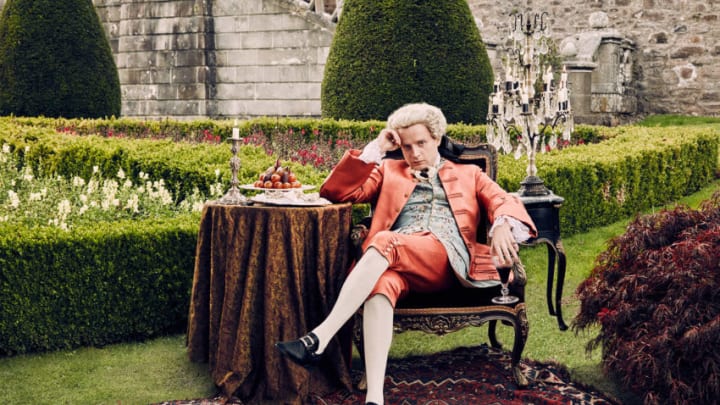
While Diana Gabaldon did her research into the Jacobite period, there is a lot missing about the real Bonnie Prince Charlie.
On January 31, 1788 Bonnie Prince Charlie died. The eldest son of James Francis Edward Stuart, known to some in Europe as King James III of England and VIII of Scotland but also referred to as The Old Pretender, Prince Charles believed that the British throne was his father’s (and, therefore, his).
Bonnie Prince Charlie was a prominent figure in Outlander Season 2 and the book it was based on, “Dragonfly in Amber.” Author Diana Gabaldon certainly did her research and got the character of the prince on point. However, there was also a lot missing out. Most of this is from the aftermath of the battle, with Charles’ escape back to Europe, so it’s understandable why it’s not mentioned.
As it’s the anniversary of his death, it’s worth taking a look at the moments and facts about the bonnie prince that were overlooked.

More from Opinion
- Droughtlander suggestions: Check out Silo on Apple TV+
- Outlander season 7 episode 8 review: The Frasers are back in Scotland!
- Outlander Season 7 episode 7 review: Does Jamie die in Outlander?
- Outlander Season 7 episode 6 review: Claire meets William (again)!
- Outlander Season 7 episode 5 review: Does Young Ian have a son?
The raising of the Stuart standard
Outlander focused on Jamie Fraser learning that his name had been fraudulently added to a document that declared his stance with the Jacobites. He was officially committing treason. What the books and show didn’t spend a lot of time on was the raising of the Stuart standard at Glenfinnan. This was the official start to the Jacobite uprising of 1745.
This wasn’t the first rising. The book and show mention the previous ones, but this was the one that Charles Edward Stuart took charge in. At least, he attempted to! He only spent 14-15 months on British soil, and would return to Europe empty handed.
